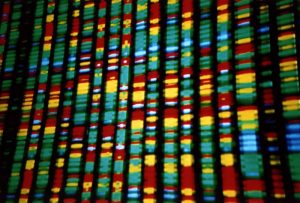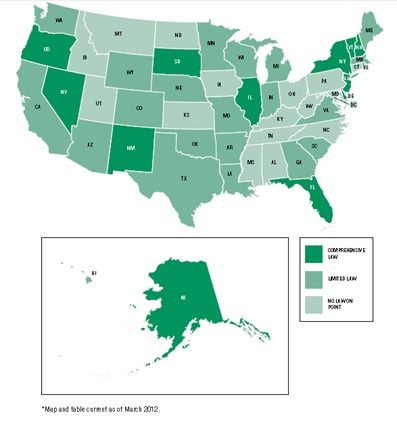Picture this: You’re a young, ambitious aspiring politician in a town somewhere in the United States. You’ve noticed issues in your community and you’ve resolved to get into government to help fix them. So you decide to run for local public office. You start campaigning, and aim to hit all the local spots and chat with members of the community over coffee and the local delicacy. One morning, you exit the coffee house on Main Street and you leave behind your half-drunk cup of coffee. An intern from your opponent’s campaign picks it up off the table, and takes it back to the offices. He swabs the edge with a cotton swab, puts it in a plastic bag, and sends it into a direct-to-consumer genetic testing company.
Related article: “HUNGRY FOR CHANGE“
As he scrolls through an online report a few weeks later, what will he learn? Perhaps you have ancestry you didn’t disclose. Maybe there is a gene in your family conferring a high risk of alcoholism. Or addiction. Or schizophrenia. Maybe it becomes clear that the person you’ve thought was your father couldn’t actually be your biological father after all. These are just a few of the pieces of information the opponent’s intern might have access to today. In a matter of decades, it is possible that even more sensitive information could be gleaned from your genetic material—cognitive ability, sexual preference, propensity for certain behaviors—as science progresses and correlates more genetic mutations with human traits.
IN THE PHOTO: representation of DNA Photo Credit: Flickr/Andy Leppard
Is this science fiction, or is this reality?
Unfortunately, it is much more possible than you might imagine. Direct-to-consumer, or DTC, genetic testing companies have become more popular in the recent years. Whereas a decade ago, only authorized personnel in law enforcement, or scientists with access to expensive equipment and laboratory space would have been able to isolate DNA from a coffee cup, cigarette butt or toothbrush, today, anyone can pick up discarded material and send it in to a DTC company for less than two hundred dollars. Celebrities, politicians, and other public figures are the most obvious potential targets of this surreptitious DNA testing, but it could happen to any of us.
Is it legal? Well – that depends. In 2012, the Presidential Commission for the Study of Bioethical Issues explored the legal landscape, and determined that there is a patchwork of state laws that govern genetic privacy. In some states, it is illegal to steal and test someone’s DNA, whereas, in others, the law is either ambiguous or nonexistent. Even in states where it is prohibited, there is often no clearly defined penalty or enforcement measure. And as of today, there have not been any cases testing any of these laws.
In the photo: Data from the Presidential Commission for the Study of Bioethical Issues’ 2012 report: Privacy and Progress in Whole Genome Sequencing
The hypothetical scenario described above may seem unlikely. But surreptitious DNA testing actually occurs all the time, without any legal recourse.
The most common type of surreptitious DNA testing involves domestic disputes, such as questions of paternity and adultery. For example, websites exist that offer laboratory testing of toothbrushes, bed sheets, and other household items, to discover genetic material from someone other than the home’s inhabitants. And, in 2013, an artist in New York began picking up discarded items like cigarette butts and gum, sending them for DNA analysis, and creating portraits out of the traits revealed by their genetic material.
This practice of surreptitious genetic testing is ethically concerning. DNA can reveal so much about us—from our physical traits like hair color and eye color, to the diseases we may suffer from, to our parentage and ancestry. The more science advances, the more we will discover about the information inside our genetic code.
Without adequate laws to protect us against surreptitious testing, as DTC companies become more ubiquitous and inexpensive, the practice could become more common. We cannot help the fact that we leave our DNA wherever we go. We should not be exposed to potentially devastating violations of our privacy simply because we lost a hair on the subway, or left a cup of coffee on a table. The legal loopholes left by the patchwork of state laws should be closed. The federal government should step in to prohibit surreptitious genetic testing, so that the field of genetics can advance without genetic privacy being threatened.
Recommended reading: “WHAT QUALITIES DO YOU WANT IN A DOCTOR: COMPASSION OR COMPETENCE?“











